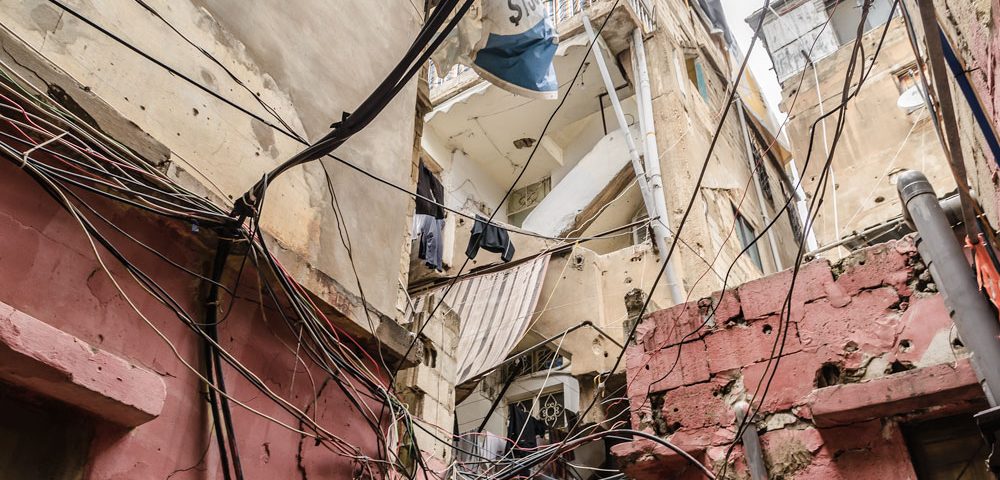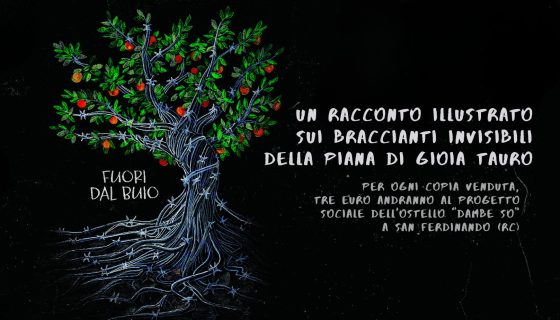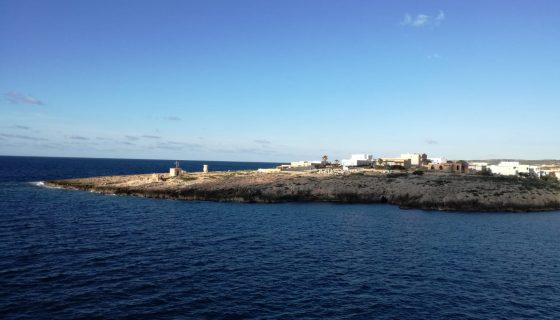- Mediterranean Hope - Federazione delle chiese evangeliche in Italia
- mh@fcei.it
Arriving in Beirut
by Monica Natali – NEV Agency
Rome (NEV), 28 February 2018 – The “Lo sguardo dalle frontiere” (A Look from the Border) editorial is written by operators of the Federation of Protestant Churches in Italy (FCEI) for Mediterranean Hope (MH) – the Refugee and Migrant Programme. This week’s “sguardo” comes from Beirut, Lebanon.
My eyes are those of an Italian woman who arrived in Beirut eight days ago, the first time in the Middle East, the first time in Lebanon, the first time in mission as a volunteer nurse for theMediterranean Hope project. From the heart of the Lebanese city that offers consumerist illusions equivalent to the largest European luxury capitals, to the misery and degradation of Sabra; from the crazy traffic that oppresses and alienates the city, to the silent and uninhabited hills of Bekka; from the cold regions of the north a few kilometres from bombed Syria, to the warm seafront of Tripoli; from Saida to Tel Abbass, a “non-place” place that does not have the dignity to exist.
There is everything and the opposite of everything in this tiny strip of land. Environments that are so different, where you can meet men, women, children and teenagers who are very different from each other: homes where you enter not only by taking off your shoes, but also on “tiptoe” because, despite the darkest misery, that is their home, that is the door they have opened for you, they are the first to welcome you. And you can listen to all their stories, of which there are many and all different from each other: “beautiful stories” or fairy tales with a happy ending, or nightmares that, when you wake up and open your eyes in your reassuring bedroom, say to yourself: “Oh! It was just a bad dream!” Lots of encounters and different humanities. There are those who have clear ideas and know what they want, know what they are looking for, and what to ask you; but there are those who remain silent and look at you almost waiting for you to suggest something, those who think it’s not possible to plan a future.
And then there is the immense machine of reception, increasingly more organised and structured and, at the same time, always more under the spotlight of the press and public opinion: international organisations, civil associations, volunteers, simple people “of good will” who work together, united by the same “feeling”, each with their own tools, for a similar purpose.
The right to health? The right to study? The right to assistance? Denied rights, privileges that you can only buy at a high price. Yes, all you need is money and you can buy anything, even the right (or privilege) to life.





